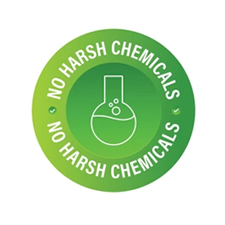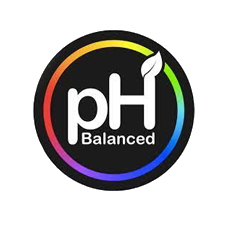Sustainable Riway Wipes
Facebook
Linkedin
With over 12 years of experience in OEM/ODM wipes and international
trading, RIWAY now has a professional team with profound knowledge of
the nonwoven industry from raw material, and machinery to the end
products.
Riway Wipes Featured

No Harsh Ingredients
Free of lotions, fragrances, parabens, alcohol & dyes, and elemental chlorine; does not contain MIT or phenoxyethanol.

pH Balanced
Hypoallergenic, dermatologically tested & pH balanced to help maintain healthy skin.
For White Label
According to assure high-quality products, we provide a one-stop service.
Please submit the form below.
Types of Riway Wipes
Wipes for beauty care
Makeup Wipes
Wipe Rolls
Bamboo Series Wipes
Disposable Wipes
Wipes For Baby Care
For Medical Care
For Pet Care
Multi-Functional Wipes
For Household Cleaning
FAQ
What are the materials for wipes?
The process of producing wipes requires a lot of energy, including the farming of wood pulp, cotton, and viscose rayon. The raw materials are transported to factories for manufacturing and packaging.
The finished product is then shipped to stores for consumer consumption. There are several types of wipes, including wet wipes, dry wipes, and baby wipes.
Almost all wet wipes are made of nonwoven fabric. Nonwoven fabrics are made by entwining several layers of fibers.
This process allows them to absorb a lot of water and still have a soft touch. The resulting wipes can be made of a variety of materials, including cotton, polyester, and polypropylene.
The most absorbent, durable wipes are made from cotton twill. These wipes can be cleanroom-qualified or medical-grade. The fibers in cotton twill wipes are very strong and can be reused.
Is Riway Wipes biodegradable?
Sure, a few years ago, our wipes are made with biodegradable material so now it has a 100% biodegradable, cruelty-free, vegan, and compostable wipe.
Biodegradable wipes are biodegradable in the sense that they break down into smaller pieces when in contact with water. Then, they can be disposed of in the same manner as other household waste.
However, it is important to note that the process is not instantaneous and may take several days. This is why you should use biodegradable wipes with caution, especially if you have children or want to dispose of dirty wipes.
A biodegradable wipe is a good way to reduce your carbon footprint and keep plastic out of landfills. Unlike conventional wipes, biodegradable wipes contain plant-based fibers that break down in the presence of water and oxygen.
